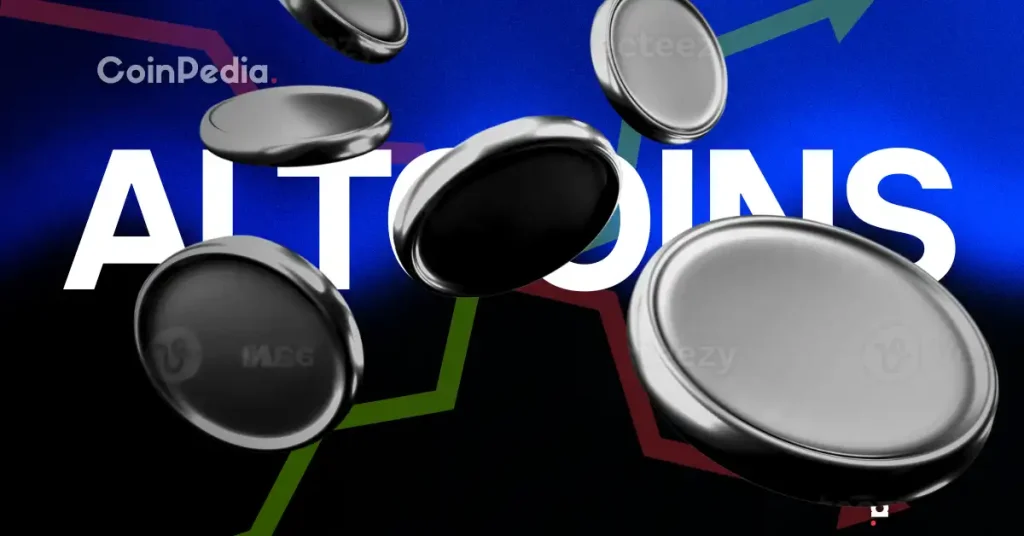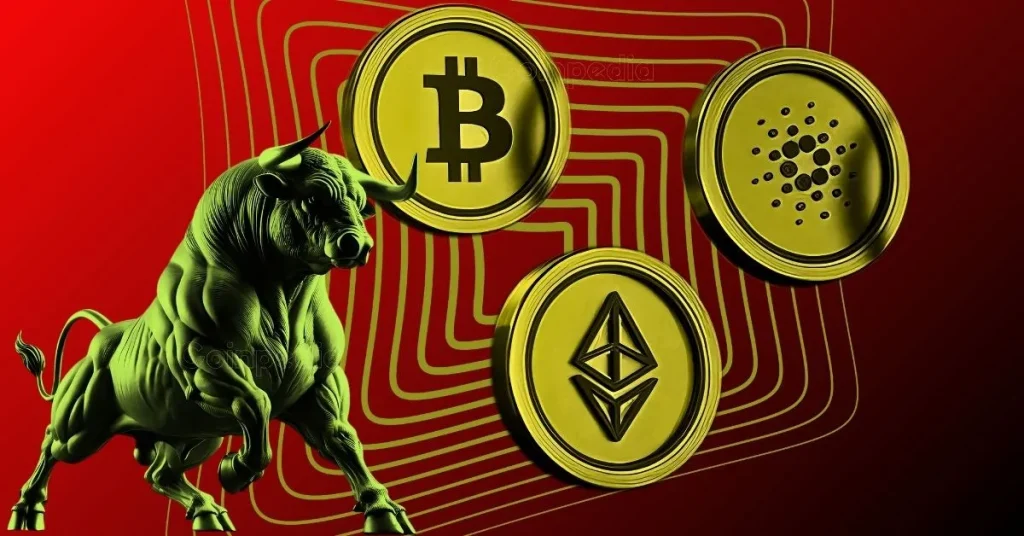In a groundbreaking move poised to reshape financial market accessibility, BlackRock is actively exploring the use of blockchain technology to tokenize its exchange-traded funds (ETFs). This initiative aims to facilitate 24/7 trading, deviating from traditional market hours, and potentially utilizing ETFs as collateral on decentralized finance platforms. By doing so, both retail and institutional investors might find an expanded array of opportunities in the financial sector amid a broader interest in addressing existing inefficiencies through tokenization.
Why Is Tokenization Becoming Popular?
Tokenization, the process of converting tangible assets into digital tokens for improved trading efficiency, lowers transaction costs and shortens settlement times. BlackRock is no stranger to this, having successfully managed BUIDL, the largest tokenized money market fund operational on multiple blockchains. This extensive experience offers BlackRock a distinct edge as it assesses the feasibility of extending tokenization to ETFs.
Could 24/7 ETF Trading Become a Reality?
Indeed, tokenized ETFs may set a precedent by enabling continuous trading, deviating from conventional market structures. This new trading model’s flexibility could appeal to a wider range of investors due to its adaptability to various time zones. However, regulatory challenges remain a significant concern, with unresolved questions about governance and compliance still looming.
“We’re evaluating whether tokenizing our ETFs would enhance accessibility and utility for investors,” stated BlackRock.
Tokenization may also lower entry barriers, inviting more diverse participants and democratizing investing previously dominated by institutional investors.
“Tokenizations remove long-standing barriers, potentially revolutionizing how assets are owned and traded,” according to BlackRock.
Tokenized funds already boast a market cap exceeding US $7.4 billion, proving their viability as more institutions test various asset classes like bonds and private credits. These explorations aim to fully harness tokenization’s capabilities.
- BlackRock’s tokenization experience could lead to increased investor reach.
- Regulatory uncertainties may pose risks to tokenization efforts.
- Tokenization’s success hinges on expanding its application beyond traditional asset classes.
By embracing tokenization, BlackRock is navigating both the promising and challenging aspects of modernizing its ETF offerings. While perpetual trading and reduced barriers are attractive, regulatory uncertainties persist. This shift suggests financial markets are on the cusp of a transformative phase, integrating digital aspects into conventional financial products, which signals a significant evolution in investment accessibility and methodology.
Disclaimer: The information contained in this article does not constitute investment advice. Investors should be aware that cryptocurrencies carry high volatility and therefore risk, and should conduct their own research.
















 English (US)
English (US)